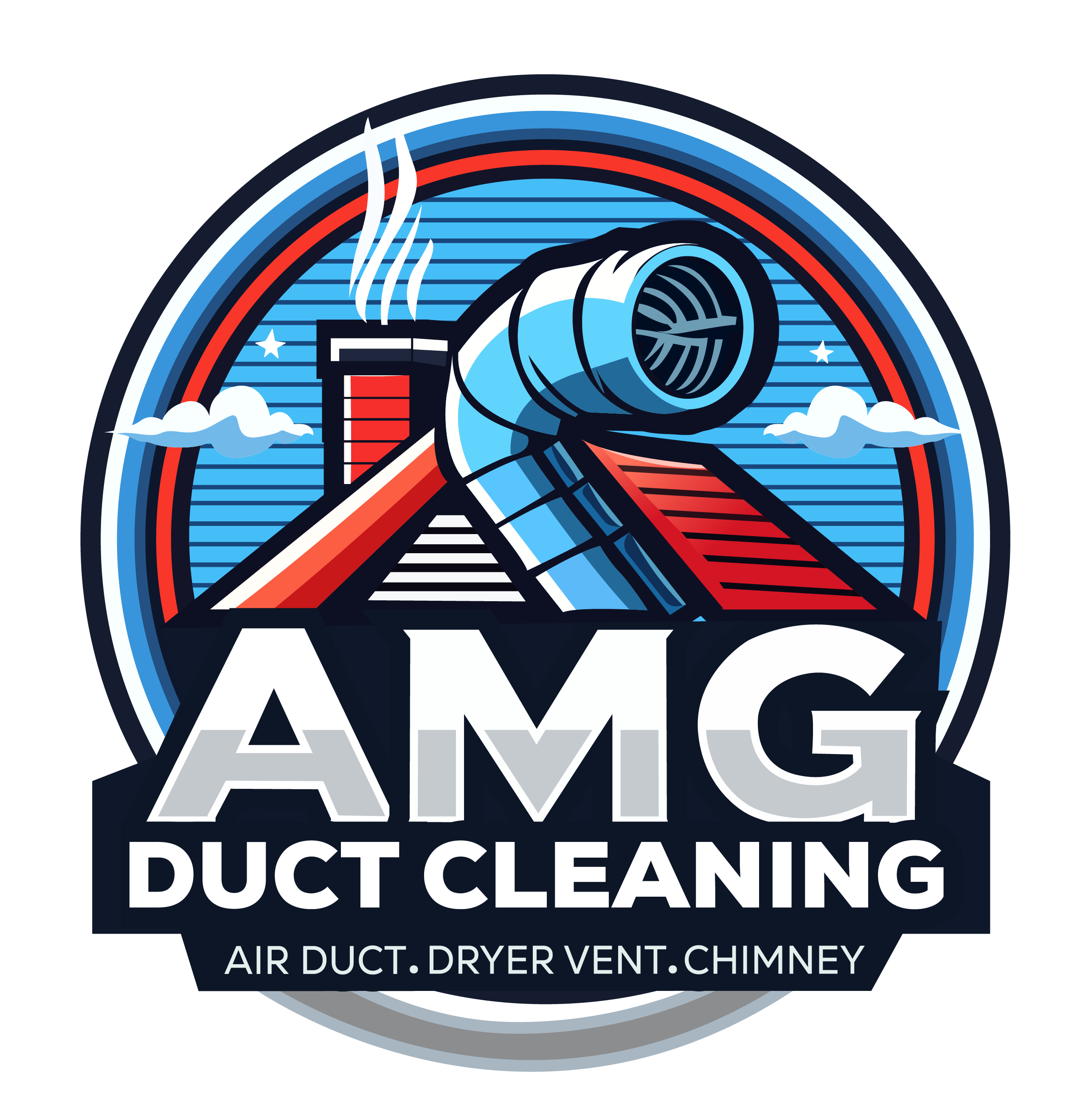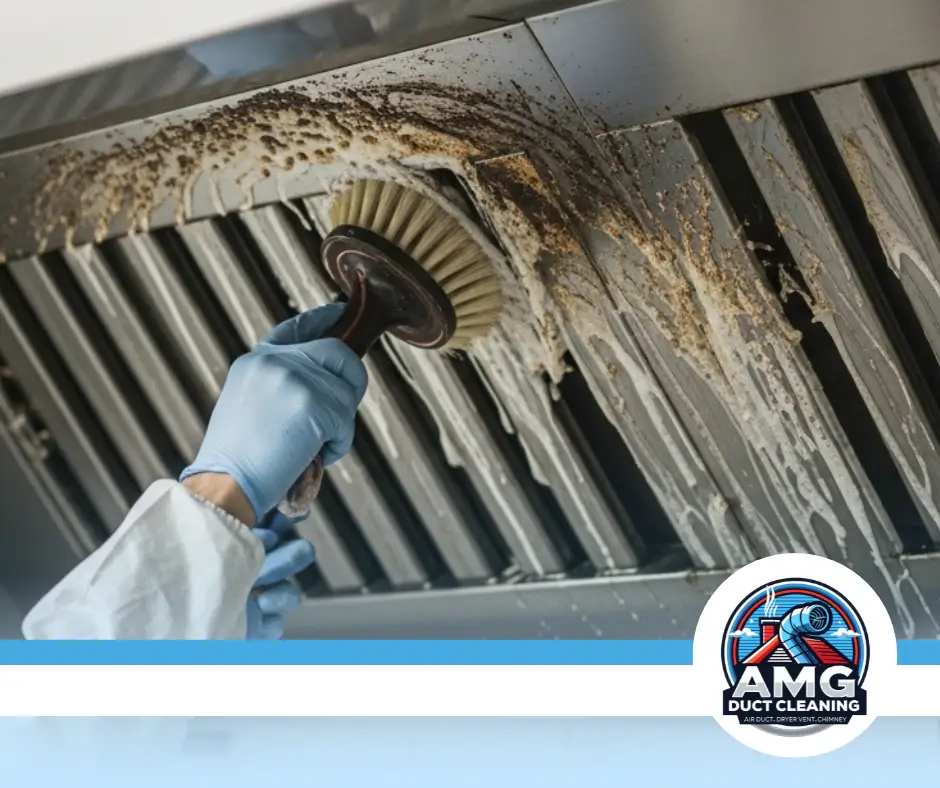When it comes to running a commercial kitchen, safety is just as important as quality food. One critical, often underestimated component of fire safety is maintaining a clean and fully functioning kitchen exhaust hood system. Professional kitchen exhaust hood cleaning is not only essential for regulatory compliance, but it’s also a proactive step in preventing fire hazards, protecting staff, and extending the lifespan of your ventilation equipment.
Why is Kitchen Exhaust Hood Cleaning Crucial?
Grease, smoke, and flammable vapors build up quickly in commercial kitchens. Over time, these residues accumulate within the hood, filters, ductwork, and exhaust fan—posing a serious fire risk. In fact, the National Fire Protection Association (NFPA) recommends routine cleaning based on the volume of cooking and type of food preparation involved.
Neglecting proper exhaust hood maintenance can result in:
- Increased risk of grease fires
- Reduced airflow and poor ventilation
- Violation of health and fire safety codes
- Costly equipment repairs or replacements
The Role of Certified Professionals
Hiring a certified technician for your commercial kitchen hood cleaning ensures thorough degreasing of not just the visible parts, but also the hidden areas within the exhaust system. This includes exhaust ducts, vent hoods, and roof-mounted fans—places where flammable residue is often overlooked.
Professionals use specialized tools and degreasers to eliminate hardened grease, ensuring your entire kitchen ventilation system functions optimally and complies with NFPA 96 standards.
How Often Should You Clean Your Kitchen Hood?
The recommended frequency for kitchen hood cleaning depends on the type and volume of cooking:
- Monthly – High-volume operations such as 24-hour diners or fast-food restaurants
- Quarterly – Medium-volume kitchens, including sit-down restaurants
- Semi-annually – Low-volume establishments like church kitchens or seasonal operations
- Annually – Residential or occasional-use cooking areas
Following these timelines keeps your kitchen safe, efficient, and inspection-ready.
Key Benefits of Routine Kitchen Hood Cleaning Services
Aside from fire safety, routine cleaning offers multiple advantages:
- Improved Air Quality: Removes odors and smoke, making the kitchen safer for employees.
- Energy Efficiency: A clean hood system reduces stress on HVAC and exhaust fans.
- Extended Equipment Life: Prevents clogs and reduces wear on mechanical components.
- Code Compliance: Meets requirements set by OSHA, NFPA, and local health inspectors.
What Does a Complete Kitchen Exhaust Cleaning Include?
A reputable hood cleaning service will typically offer:
- Inspection of hood filters, ductwork, and fan
- Grease removal from all accessible surfaces
- Cleaning of ventilation ducts and roof fan blades
- Documentation for compliance and insurance
Ask if the company follows NFPA 96 guidelines and provides before-and-after photos as proof of service quality.
Don’t Risk It – Prioritize Fire Prevention Today
As a kitchen manager or business owner, staying proactive about kitchen exhaust hood cleaning can save lives, time, and money. Fires caused by grease buildup are among the most preventable. Partnering with a certified exhaust hood cleaning provider ensures your kitchen remains compliant, efficient, and above all—safe.
Protect your investment and your team. Schedule your next professional kitchen exhaust system cleaning today and keep your kitchen running safely for years to come.
READ MORE:

